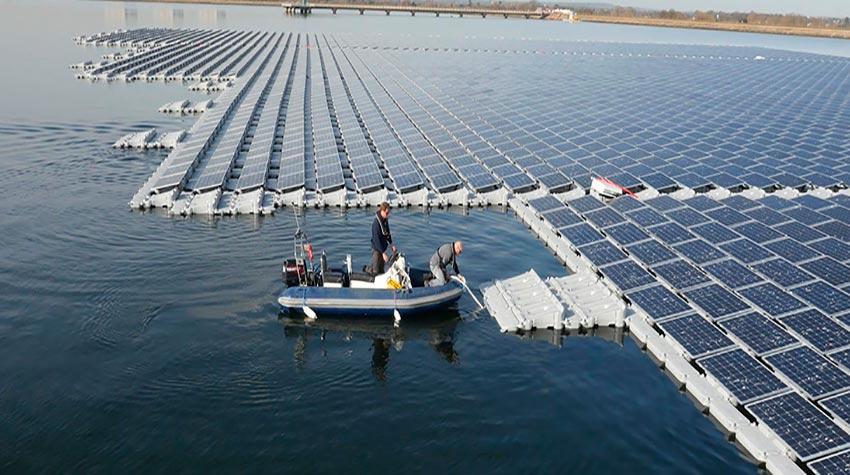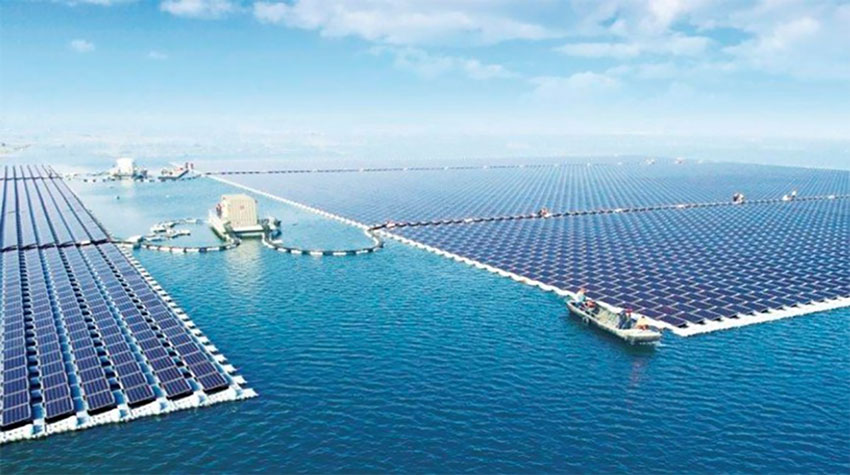FAQs about Solar Energy

4. What are the advantages and disadvantages of solar energy?
The main benefit of solar energy is that it does not produce pollution of any kind and therefore goes in the right direction with respect to the Paris Agreement, because it does not contribute to global warming or climate change. Solar energy is renewable, inexhaustible, economical and reduces energy imports. The ease of installation and use of the panels converts solar energy into an supreme system to be used in rural areas or areas of difficult access, facilitating the self-supply of electricity away from large networks. Through it you can generate significant volumes of electricity and incorporate them into the network, especially in areas where there is plenty of sunlight throughout the year.
The main disadvantage of solar energy is its dependence on solar radiation. Although it is not necessary that there is direct light, since on cloudy days it also works, although not with the same efficiency as with the clear sky. If the photovoltaic cell is not aligned perpendicular to the Sun, between 10-25% of the energy is lost. Due to this, the use of solar trackers to maximize energy production is being implemented in grid connection plants. Adverse weather conditions, such as lack of sunlight, cloudiness or dust and soot deposited on the panels, affect the efficiency of the electric generation process.
Other FAQs about Solar Energy
1. What is solar energy?
2. Is solar energy a clean or green source?
3. How do solar panels work?
4. What are the advantages and disadvantages of solar energy?
5. What is a photovoltaic panel?
6. What are the main countries producing solar energy?
7. What is the share of solar energy in global electricity consumption?
8. What is a photovoltaic solar energy park and how does it work?
9. What is the future of solar energy?
10. What are the risks that threaten solar energy?
Other sections of Solar Energy
Article
Solar energy, a big bet against climate change
Solar energy is one that uses light or heat from the sun to generate electricity or produce heat. Photovoltaic solar panels convert sunlight into electricity through a process called photoelectric. There are millions of people who already use electricity generated by solar energy. The world is aware of the importance of the transition towards a sustainable economy, based on low greenhouse gas emissions to curb global warming and therefore climate change. However, there is still a long way to go to significantly reduce the use of fossil fuels such as coal, gas and oil…
Magazine

Solar energy, a clean, inexpensive and inexhaustible source
Solar energy along with wind energy and electric cars, forms a powerful trio to face global warming and climate change. Solar energy is in direct line with the Paris Agreement, based on the non-emission of greenhouse gases and the replacement of fossil fuels with clean energies.
Coming soon in April
You can also see it in…
Infographics

Photo Gallery.

Video Gallery


